
Call for 2020 Military Health System Research Symposium abstracts open
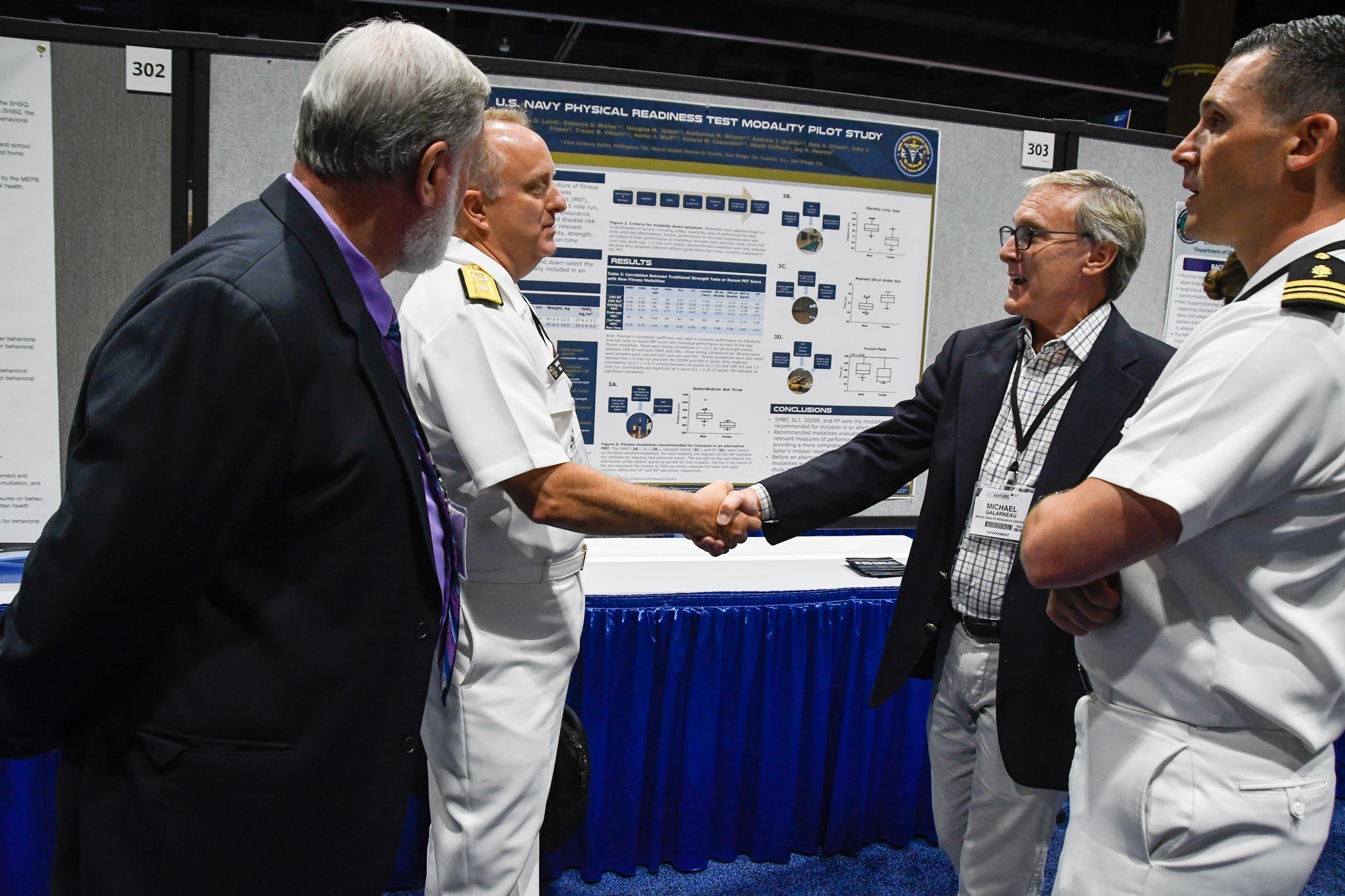
Navy Rear Adm. Darin K. Via, deputy chief, Readiness and Health, Bureau of Medicine and Surgery, meets with Mr. Mike Galarneau, director, Operational Readiness & Health, Naval Health Research Center, during poster presentations while attending MHSRS 2019. (U.S. Navy photo by John Marciano)
FALLS CHURCH, VA. — The 2020 Military Health System Research Symposium Call for Abstracts is open now and will close on March 25, 2020.
MHSRS is the Department of Defense’s premier scientific meeting and addresses the unique medical needs of the Warfighter. The symposium is a collaborative environment for military medical care providers with deployment experience, DoD scientists, academia, international partners, and industry to exchange information on research advancements.
Conference programming will focus in four areas: Warfighter Medical Readiness, Expeditionary Medicine, Warfighter Performance, and Return to Duty.
The MHSRS website is the best source of information on the 2020 MHSRS Call for Abstracts, and includes the 2020 Breakout Sessions and instructions on how to submit an abstract.
The 2020 MHSRS Call for Abstracts will NOT be extended past the closing date. Persons planning to submit abstracts should plan accordingly to respond by March 25, 2020 with the required associated documentation.
The location and date of the 2020 MHSRS are yet to be determined. Details will be posted on the MHSRS website and communicated when available.
More than 3,500 people attended the 2019 MHSRS meeting. Attendees participated in a diverse array of panels and workshops covering topics on combat casualty care, military operational medicine including psychological health and resilience, clinical and rehabilitative medicine, medical simulation, and military infectious diseases. In addition, the MHSRS featured an awards ceremony honoring individual and team research accomplishments, and recognized the meeting’s outstanding poster and Young Investigator presentations.
Readers are encouraged to spread the word about the MHSRS Call for Abstracts to encourage a robust and diverse forum to advance the mission of the MHS and military medicine.
Achievements in 2019 provide strong foundation for year ahead
Article
12/23/2019
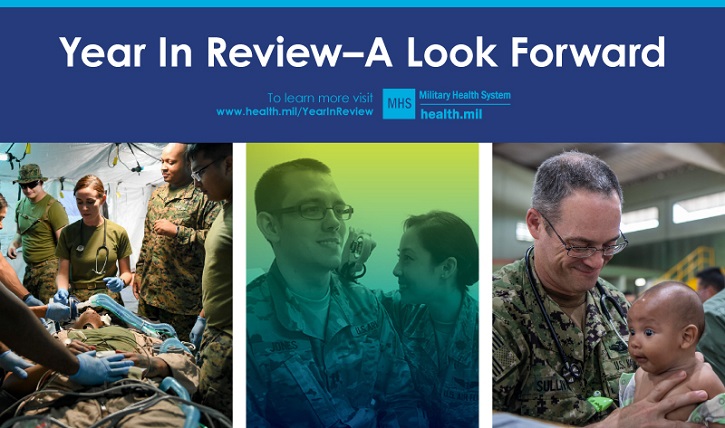
Dedication, commitment to mission praised as changes continue
World AIDS Day puts spotlight on landmark DoD study
Article
12/2/2019
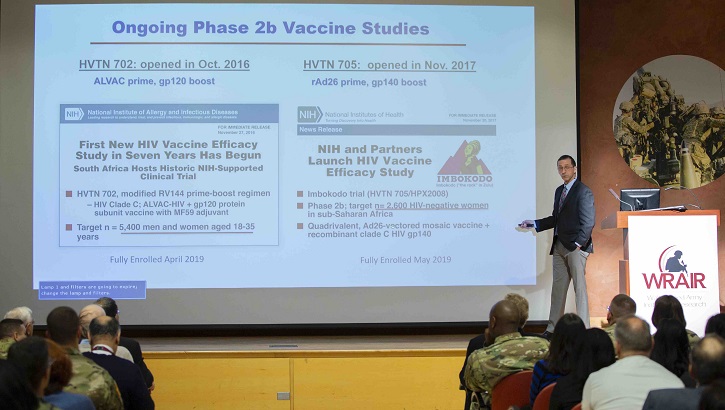
Vaccine study shows infection risk lowered by 31 percent, offering hope for future
Women in DHA create impact across the federal health community
Article
11/4/2019
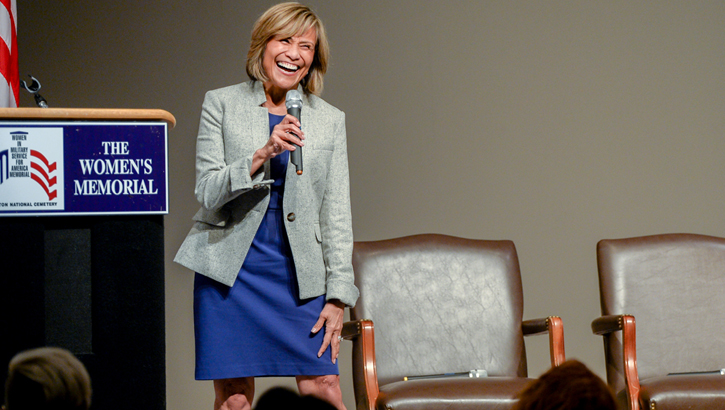
FedHealthIT recognized two DHA leaders, past and present, for their government service during a ceremony in Arlington, Va.
Unleashing innovation to support field medics, corpsmen
Article
9/13/2019
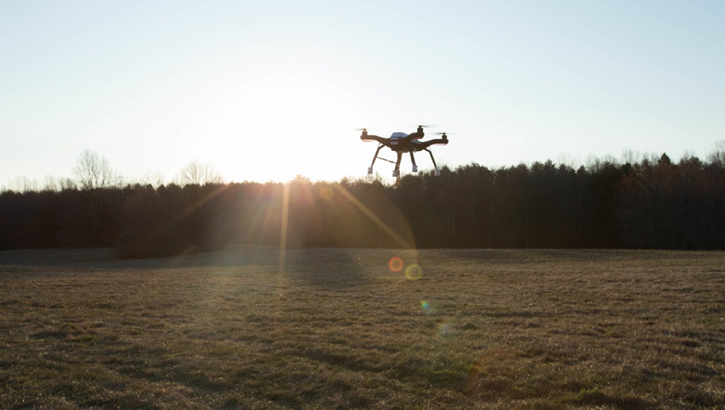
Imagine unmanned vehicles bringing medical supplies or blood products to support a field medic’s care of wounded soldiers, or even transporting a wounded warfighter to safety. Researchers at the Army’s Telemedicine and Advanced Technology Research Center, or TATRC, are collaborating with the Services, academia and private industry to make such scenarios a reality.
Day 1 at the 2019 Military Health System Research Symposium
Video
8/20/2019
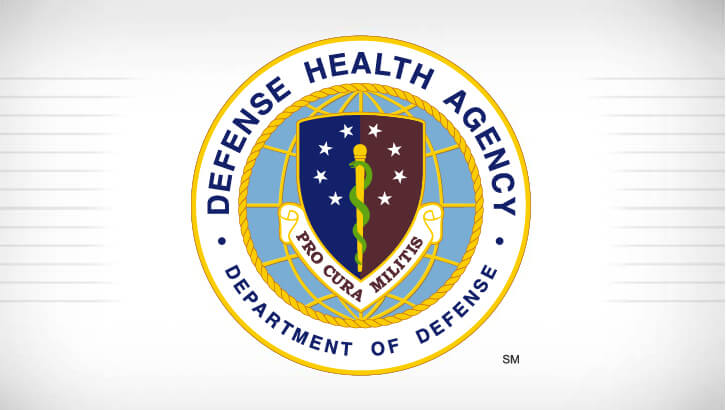
Navy Medicine researchers from across the globe convened Aug. 19 in Kissimmee, Florida for the start of the 2019 Military Health System Research Symposium (MHSRS) to discuss the latest scientific advances and initiatives that support warfighter health, readiness, and survivability. We had a chance to catch up with Navy Medicine leaders to get their perspectives on the impact of research to the warfighter, the Fleet, and the Fleet Marine Force.
Navy Medicine researchers kick off 2019 Military Health System Research Symposium with strong showing
Article
8/20/2019
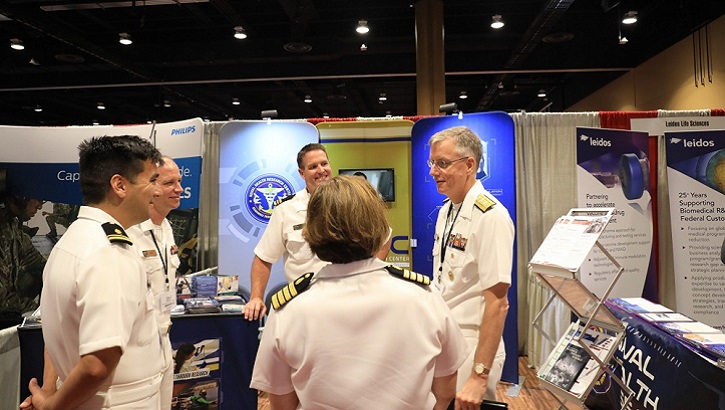
Dozens of scientists from Navy are presenting their work
Individuals, teams honored at MHSRS for exemplary research
Article
8/20/2019
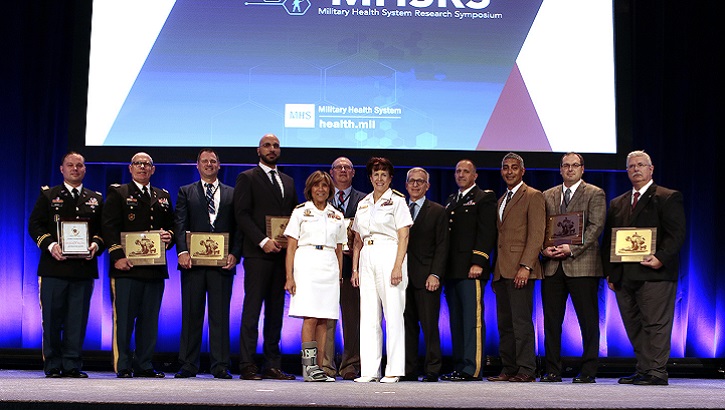
New nurse researcher award debuts this year
Research for Readiness: Military Health System kicks off annual symposium
Article
8/20/2019
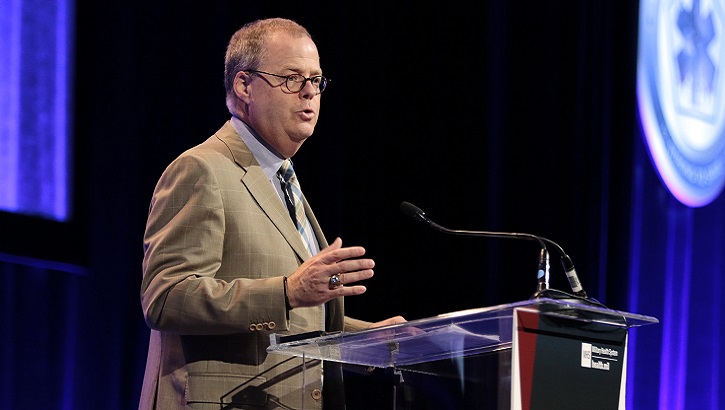
Research, development ensures service members are better prepared, better protected, better cared for
DHA-PI 3200.01: Research and Development (R&D) Enterprise Activity (EA)
Policy
This Defense Health Agency-Procedural Instruction (DHA-PI), based on the authority of References (a) and (b), and in accordance with the guidance of References (c) through (p): a. Establishes the Defense Health Agency’s (DHA) procedures for the Deputy Assistant Director (DAD), R&D to manage and execute, on behalf of the Assistant Secretary of Defense for Health Affairs (ASD(HA)), the portion of the Defense Health Program (DHP) Research, Development, Test, and Evaluation (RDT&E) appropriation assigned to it (referred to as the “DHP Science and Technology (S&T) Program)”. The DHP S&T Program includes Budget Activities (BAs) 6.1-6.3 and 6.6. The ASD(HA) provides policy, direction, and guidance to inform planning, programming, budgeting, and execution of the DHP RDT&E appropriation in accordance with statute, regulation, and policy in Reference (a). The DAD-R&D, and Component Acquisition Executive (CAE) manage and execute DHP RDT&E Program funds aligned to them on behalf of the ASD(HA). The CAE is responsible for managing BAs 6.4, 6.5, and 6.7 funding, as well as Procurement and Operations and Maintenance funding required to support DHP-funded Acquisition Programs, regardless of acquisition activity. b. Supports the Director, DHA, in developing appropriate DHA management models to maximize efficiencies in the management and execution of DHP RDT&E-funded activities carried out by the Combatant Commands (CCMDs), Services, Uniformed Services University of the Health Sciences (USU), Defense Agencies, and other DoD Components, as applicable. c. Codifies processes to confirm DHP RDT&E funds are applied towards medical priorities and aligned to ASD(HA) policy, direction, and guidance to develop and deliver innovative medical products and solutions that increase the readiness of the DoD medical mission in accordance with Reference (a). d. Supports the following objectives of the R&D EA: (1) Increasing the quantity, quality, and pace of medical research through improved programmatic organization, processes, and oversight. (2) Ensuring DHP RDT&E funded efforts align to ASD(HA) published program guidance that provides resourcing guidance and translates national, departmental, and Service priorities into specific program objectives. (3) Verifying alignment of DHP RDT&E funds to medical priorities and to ASD(HA) policy, direction, and guidance to ensure the development and delivery of medical materiel and knowledge solutions. (4) Facilitating coordination with the CCMDs, Services, USU, Defense Agencies, and other DoD Components, as applicable, to ensure DHP RDT&E funded activities address joint medical capability gaps, and avoid unnecessary duplication.
- Identification #: DHA-PI 3200.01
- Date: 8/9/2019
- Type: DHA Procedural Instruction
- Topics: Research and Innovation
New DHA health services research funding opportunity available
Article
7/1/2019

This new funding opportunity is available to both intramural and extramural research organizations
Surgeons perform first bioengineered blood vessel transplant in military patient
Article
5/28/2019
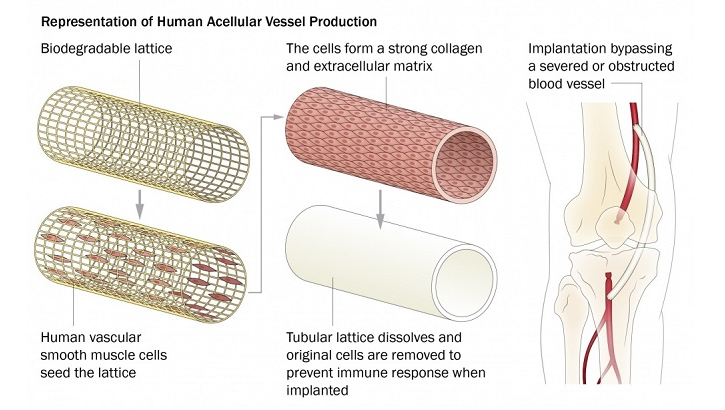
Injury to major blood vessels of the body is the most common cause of death and disability in combat
Call for abstracts open for 2019 Military Health System Research Symposium
Article
2/11/2019
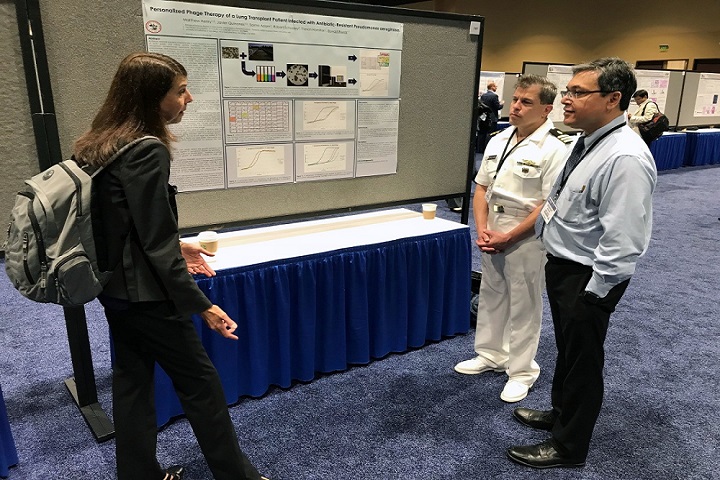
MHSRS is the DoD’s premier scientific meeting and addresses the unique medical needs of the Warfighter
Oak Harbor achieves first with crucial new information technology milestone
Article
12/21/2018

Reducing risks to patients’ information is a top priority for the DoD
Awards honor distinguished service, individual and team research
Article
8/21/2018
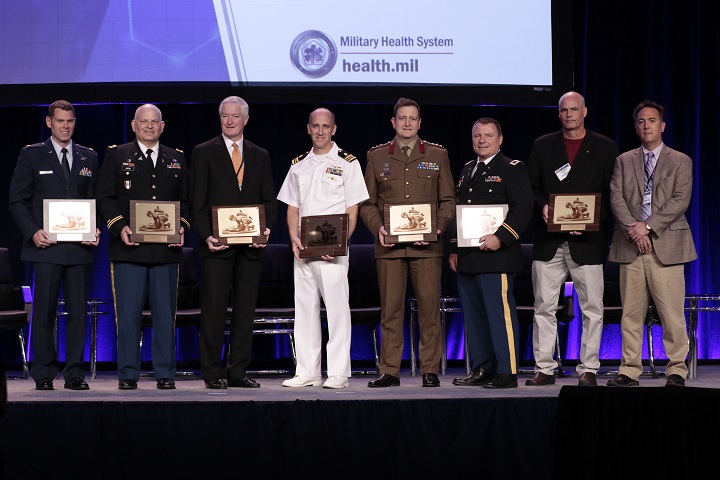
Three people, four teams recognized at symposium
Premier scientific symposium showcases medical research and development
Article
8/20/2018
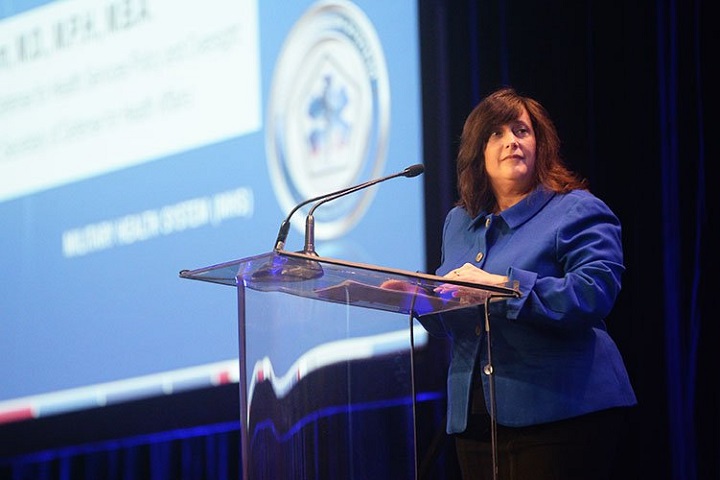





















.png)









No hay comentarios:
Publicar un comentario